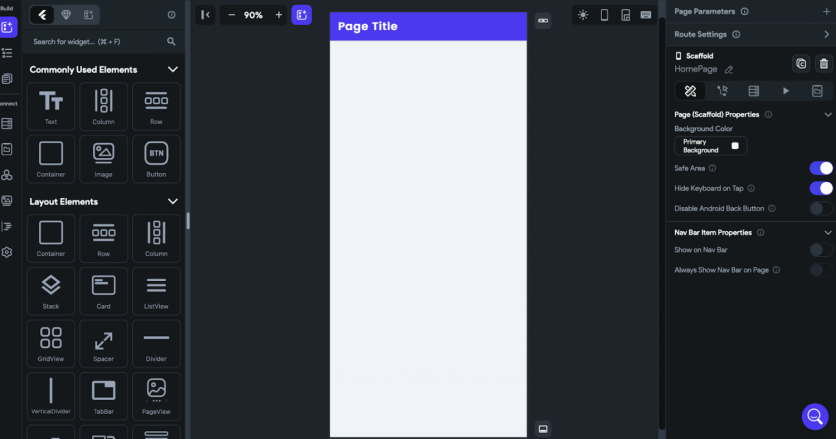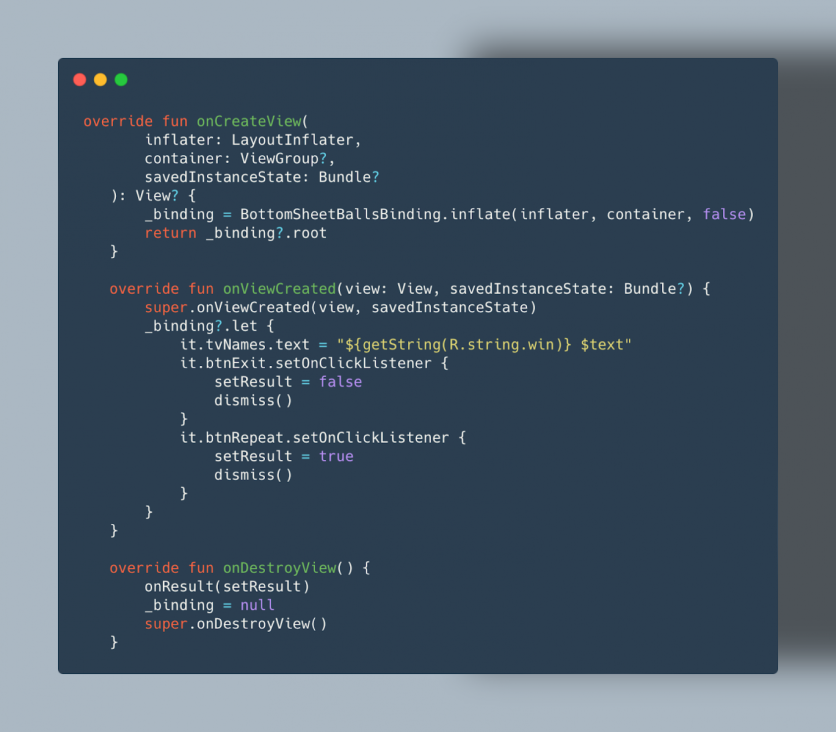
Sergei Romankov has worked with a variety of projects: from developing mobile apps for IOS and Android for Metro Cash And Carry to apps for FMCG (company Firera) and to various products development for Abott. Today's expert told us about his work on the project and about his opinion on the future of no-coding.
You have launched projects in different IT fields such as retail (Metro Cash And Carry), FMCG (Kinder Surprise's company Ferrero), Big Pharma (Abott) and many others. Tell us about the most difficult cases you've had.
I worked on the loyalty program of one of the largest retail companies. We faced a quite difficult task: to protect users from having their virtual cards stolen. Since a number is the only thing a virtual card has, we needed to detect if it's the cardholder who redeems points purchasing, or not. Because intruders could, for example, take a photo of the card, or get hold of the card number and write off points from it. We solved this problem jointly with different teams: development, security, and infrastructure ones. My job was about developing a scheme of interaction between the mobile app and the infrastructure, so that we could be sure that it was not a photo or a screenshot of the card, and that the points were written off by a specific person. Unfortunately, this would not have been possible with no-code solutions.
Here's another example of a difficult case: for an FMCG product we needed to recognize a certain marker with a camera, but there was no specific QR code but it was a small toy. The main problem was about those toys: they were small, that's why it was rather difficult to distinguish what could be caught. To solve this problem, we had to separately apply AI solutions and train a neural network.
As a result, my team and I got good results on real-world object recognition; at the moment I don't see similar off-the-shelf solutions on no-code platforms.
Based on your experience with big projects, what is your opinion about no-code solutions? What changes can you note on the market today?
I definitely see more no-code solutions on the market lately. Especially when it's about developing something that isn't very complicated, like launching a small promo or a new product. Using no-code solutions is a cheaper and easier way to implement a business card and a website where we can present our product.
Website and application builders have become more user friendly nowadays, so if you have some basic understanding about the field, you can easily build something small in a couple of days. First of all, it has given an opportunity to small businesses in implementing digitization, since IT in general is quite an expensive area. Secondly, it helped large companies to save their budgets by directing them more toward innovation.
Tell us about the main principles of no-code tools. Why, in your opinion, have they become so popular?
No-code tools allow you to produce a finished product with minimal investment in the shortest time possible.
Software product development, especially if we are talking about mobile applications, is quite expensive on the market nowadays and the small business segment cannot afford it. Most importantly - no one guarantees the understandable effects of product implementation.
Simply put, with no-code solutions you can, by "dragging and dropping" buttons and forms in an understandable visual interface, create a finished software product.
This is how the interface part of your Kotlin screen for an Android app would look like.

And this is how the application's creation interface with no-code solutions will look like

That's why I refer to no-code as another tool that allows small and sometimes medium-sized businesses to create an understandable software product for their customers.
In addition, there is another block of companies that want to test a hypothesis in their business, in this case no-code will also be an excellent solution to create a so-called MVP, to test a hypothesis.
As a highly skilled it-specialist, how can you evaluate this way of creating applications and websites?
This method should be evaluated as a tool. We cannot evaluate if a hammer is better or more important than a screwdriver, for example, and vice versa. We have this tool and it's certainly good for business.
All in all, no-code development is an important tool in the software development industry which can speed up the process of creating applications and reduce development costs. However, it cannot fully replace traditional development and programming approaches and must be used in conjunction with them.
What are the main pros and cons of no-code solutions?
As I said earlier, the main advantage is the speed of development, the entry threshold to this development, and the price for sure.
To develop a full-fledged mobile application, you need a team of at least 2-3 people, and a certain competence which you can either buy on the market or "grow" within the company. This is not the case with no-code solutions. One person can create a minimal product that will work. And it doesn't necessarily have to be a person who specializes in that - spending a few weeks, a person with some minimal knowledge of IT can create something.
But of course there are also disadvantages, the main one is that you are very limited in what you can create, it is unlikely that you could make let's say a "conditional facebook" via no-code solutions. In addition, you are very much tied to the platform that represents this tool, and in today's reality a lot of platforms enter the market and leave the market as well. And in case the platform has difficulties, these difficulties will directly affect you.
Another one of the difficulties that you may encounter when using no-code solutions is the problem of scaling.
In the initial stages, of course, no-code development is much cheaper than traditional ways of development. However, if the number of users grows in multiples, then at some point it will become very expensive to maintain the solution. Because the moment when the number of users becomes too big, no-code tools want to use it to make more profit. Often the amount you pay depends precisely on the number of users who use your application.
Who and what will benefit from no-coding? In what areas is it most often used?
Mostly small businesses - coffee shops, small restaurants, hairdressing salons. Like what we use every day.
Low-code and no-code: what is the difference between these methods? Which one has more advantages and why?
For the most part these approaches are very similar, the only difference lies in that very "program code". With low-code solutions you need to have more specific industry knowledge and it will be harder to implement anything, but are more flexible in creating a software product.
In your opinion, are low-code tools able to completely replace frontend and backend developers on the market? What does the development of such solutions entail for it-specialists?
Certainly not at this moment. These are different tools with different philosophies and each tool has its own client.
Yes, no-code solutions really did lower the threshold of entering the industry and many specialists are worried about it, but I don't think this approach is a great one. On the contrary, more and more IT technologies are coming into our everyday life, so they make our lives more comfortable and give a strong impetus to business development.
ⓒ 2025 TECHTIMES.com All rights reserved. Do not reproduce without permission.




